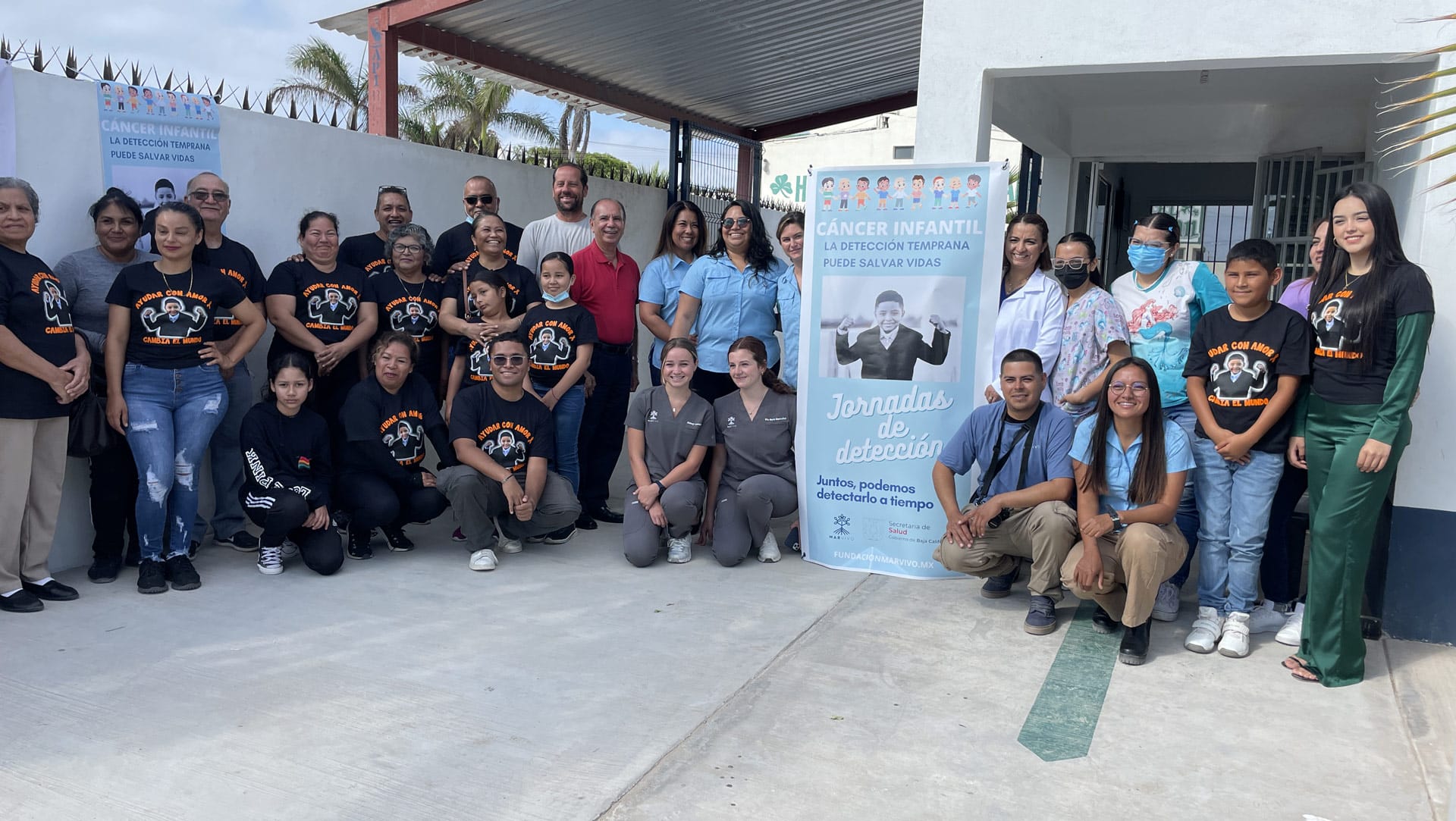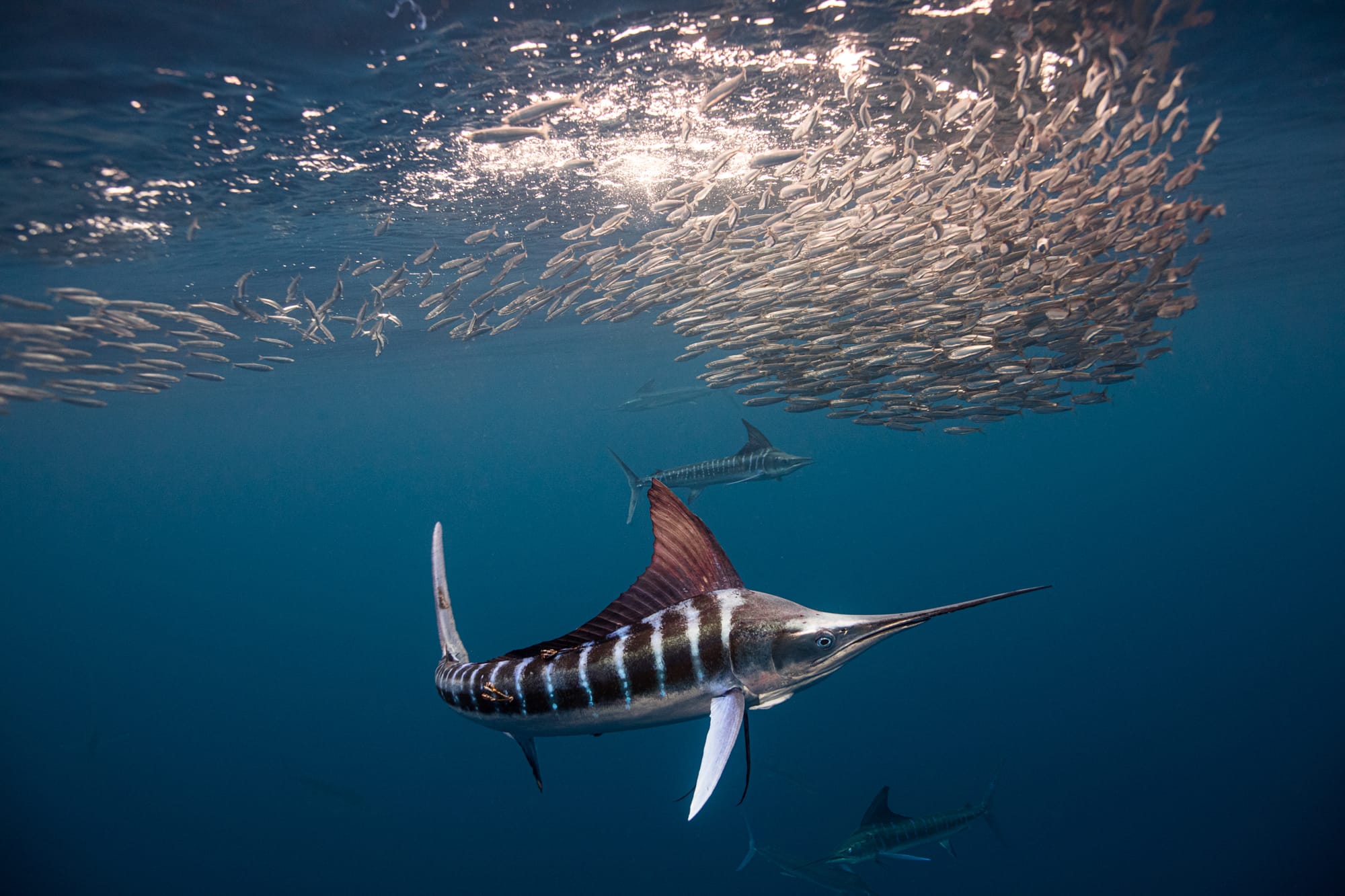Protecting Blue Carbon Ecosystems and Child Health
How we're addressing critical issues like carbon sequestration and providing co-benefits to local communities at the forefront of climate change.

Just the gist
Short on time? Here’s what you need to know for this update:
- 🌊 Protecting vital blue carbon ecosystems — These vulnerable marine environments store 5× more carbon than forest on land.
- 🩺 Prioritizing child healthcare in a changing world — Our partners have launched a Child Health Campaign to further safeguard the health of the local children.
For more project updates, follow Wren on Twitter and Instagram.
Protecting vital blue carbon ecosystems
Marine systems, like tidal marshes, mangroves, and seagrasses, play a crucial role in carbon sequestration. These rooted vegetation zones are often referred to as “blue forests,” and the carbon they can store is referred to as “blue carbon” in relation to the oceans nearby.

Blue carbon ecosystems play a critical role in reaching net zero, as we depend on these natural biomes to sequester CO₂ at faster rates than forests on land. They have high carbon burial rates, accumulating carbon in their soils and sediments while working with the oceans to absorb excess heat.
Only 2% of the total ocean surface is covered by blue carbon coastal ecosystems, but they account for 50% of the ocean’s carbon absorption. WorldBank notes, “one hectare of mangroves stores five times more carbon than a similar area of forest on land.”

Unfortunately, these systems are as vulnerable as they are powerful. They are threatened by degradation, deforestation, and land-use change. Mangroves specifically are often lost due to the expansion of aquaculture and shrimp farming, where these operations often need to clear out large areas of mangrove trees to make room for ponds.
Our Mangrove conservation in Mexico project partner is protecting and preserving Earth’s remaining ecosystems. Right now, we’re working to protect over 15,000 hectares of mangroves and marine environments in Baja California Sur’s largest mangrove forest. This not only improves the local habitat and biodiversity, but it also enriches the lives of the people living there.
Prioritizing child healthcare in a changing world
In our last Mangrove update, we shared our project’s Blue Spaces school education program. Through this initiative, our partners at MarVivo taught hundreds of children in Puerto San Carlos about mangroves and blue carbon ecosystems.

As the team worked closely with these children, they noticed a huge oversight: a lack of available pediatric health care. Childhood cancer is especially worrisome in Mexico, where cases have been rising in recent years. Research suggests that this is due to multiple factors, including socioeconomic challenges, a lack of public health education, and environmental exposures.
Climate change leads to various health issues as we try to adapt to our changing planet. Effective healthcare systems are essential to diagnose, treat, and manage health risks. That’s why MarVivo recently launched a pilot “Child Health Campaign” alongside healthcare professionals and volunteers to prioritize child healthcare in their community.

The campaigns focus on helping children establish an accurate medical history, access regular medical check-ups, gain access to specialized health institutions, and learn how to better take care of themselves. Additionally, the campaigns advocate for clinical studies that help in diagnosing and understanding childhood cancer. You can learn more in their official press release.
The program is still new, but it has already helped local parents take better care of their children, from recognizing symptoms to diagnosing and addressing underlying health concerns.

At Wren, we’re fighting the climate crisis to protect the health and well-being of both our natural ecosystems and the communities that depend on them. We recognize the interconnectedness of environmental and human health, and that's why our initiatives extend beyond conservation efforts.
By supporting projects like Mangrove conservation in Mexico, we are addressing critical issues such as the need for carbon sequestration and providing co-benefits to local communities at the forefront of climate change. Together, we are creating a more sustainable and resilient world for future generations.
That's all for this update! As always, thank you for your support.
— the Wren team 🧡

